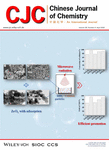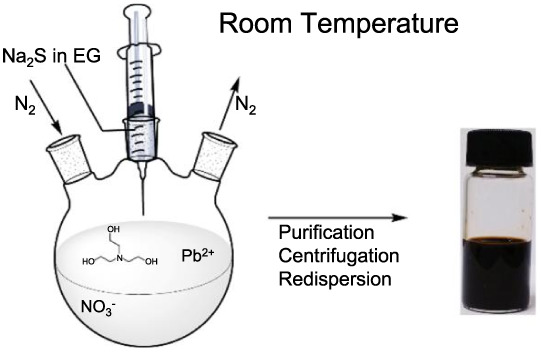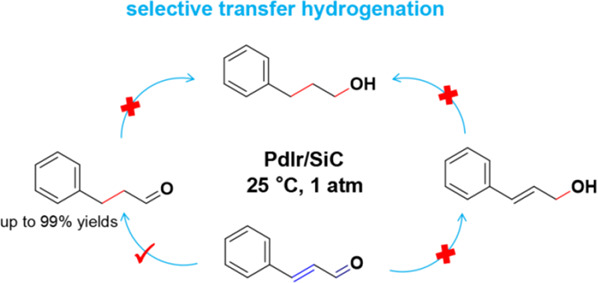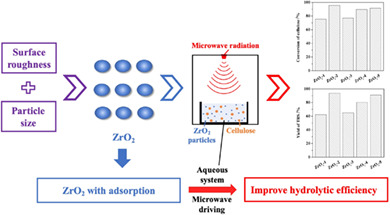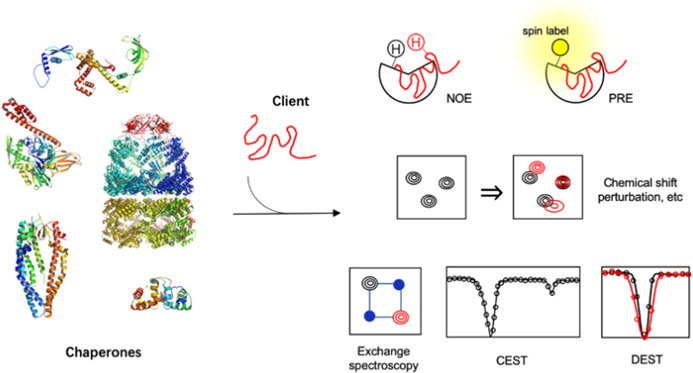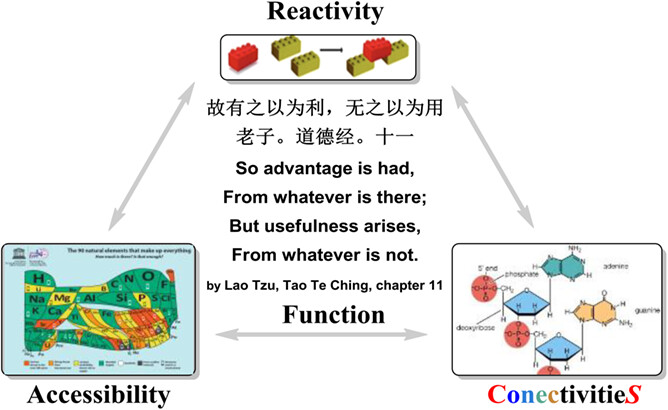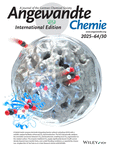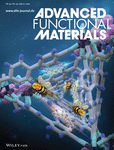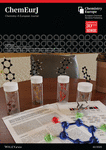Journal list menu
Export Citations
Download PDFs
Cover Picture
Cover Picture
- Page: 321
- First Published: 19 March 2020
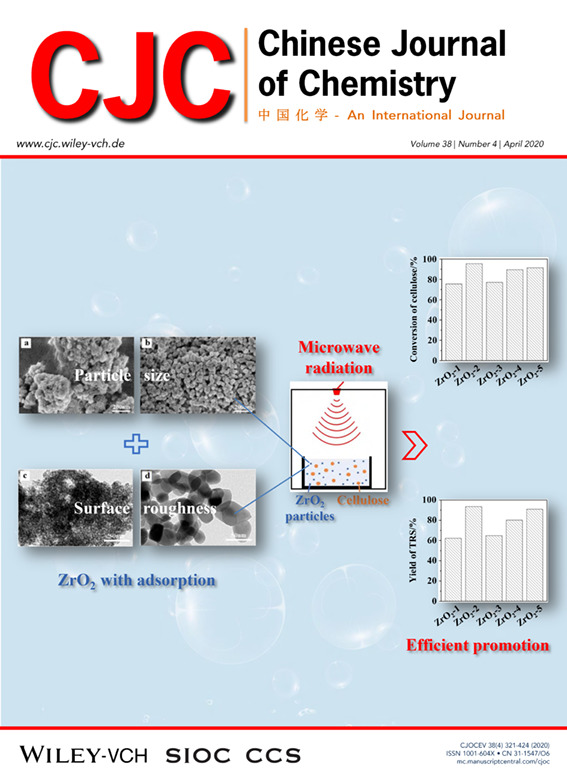
The cover picture shows a simple and efficient method to utilize ZrO2 as a catalytic assistant for the hydrolysis of cellulose to sugar in low acid aqueous system driven by synchronous cooling assisted microwave radiation. Results show the adsorption of ZrO2 has an obvious influence on the efficiency of the hydrolysis of cellulose to sugar, which is impacted by the surface roughness and particle size. By the use of the ZrO2 with suitable structure and size, the conversion of treated cellulose and the yield of total reducing sugar respectively reach 95.5% and 93.6%. More details are discussed in the article by Na et al. on page on page 399–405.
Contents
Breaking Reports
Rh-Catalyzed Reaction of Propargylic Alcohols with Aryl Boronic Acids–Switch from β-OH Elimination to Protodemetalation
- Pages: 331-345
- First Published: 12 February 2020

Here we report a Rh/Ag-cocatalyzed reaction of propargylic alcohols with organoboronic acids affording stereo-defined (E)-3-arylallylic alcohols via arylmetalation and protodemetalation with a high regio- and stereoselectivity under very mild conditions. The reaction exhibited a good substrate scope and the compatibility of synthetically useful functional groups with no racemization for optically active propargylic alcohols. Such a reaction may also be extended to homopropargylic alcohols with a remarkable regioselectivity and exclusive E-stereoselectivity.
Palladium(II)-Catalyzed Aminotrifluoromethoxylation of Alkenes: Mechanistic Insight into the Effect of N-Protecting Groups
- Pages: 346-350
- First Published: 27 January 2020

Palladium-catalyzed regioselective 5-exo aminotrifluoromethoxylation of alkenes has been established, providing an efficient route towards the synthesis of OCF3-containing pyrrolidines. The amino protecting group (Boc) plays a significant role in both the chemo- and regioselectivities. Preliminary mechanistic studies reveal that the amino protecting group of substrates and the counter anion of palladium catalyst play critical roles in reaction efficiency presumably due to an isomerization of alkyl-Pd(II) intermediates. Moreover, the asymmetric 5-exo aminotrifluoromethoxylation reaction has also been achieved by introducing a sterically bulky pyridinyl-oxazoline ligand.
Concise Reports
Zig-Zag Diphosphene Oligomers Linked by Silver(I) Cation
- Pages: 351-355
- First Published: 18 January 2020
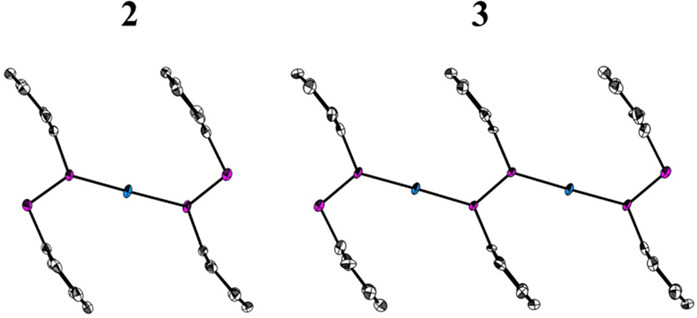
A series of cationic silver(I)-diphosphene oligomers, which exhibit unusual zig-zag topologies with Ag[Al(ORF)4] (ORF = OC(CF3)3) as the cationic silver source were reported. In addition, extensive spectroscopic studies, as well as DFT calculations, have been carried out to investigate their electronic structures.
Room-Temperature Solution-Processed PbS Quantum Dot Solar Cells
- Pages: 356-360
- First Published: 17 January 2020
Photoredox-Catalyzed Functionalization of Alkenes with Thiourea Dioxide: Construction of Alkyl Sulfones or Sulfonamides
- Pages: 361-366
- First Published: 17 January 2020
Silicon Carbide Supported Palladium-Iridium Bimetallic Catalysts for Efficient Selective Hydrogenation of Cinnamaldehyde
- Pages: 367-371
- First Published: 10 January 2020
Palladium-Catalyzed Coupling of Propargylic Alcohols with Boronic Acids under Ambient Conditions
- Pages: 372-382
- First Published: 06 January 2020
One-Pot Process to Carborano-Coumarin via Catalytic CascadeDehydrogenative Cross-Coupling
- Pages: 383-388
- First Published: 16 January 2020
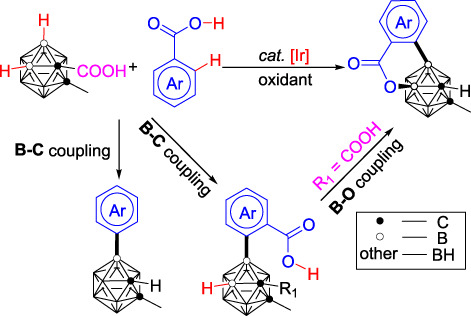
Ir-catalyzed cascade dehydrogenative CH/BH and BH/OH cross-coupling of carboranyl carboxylic acid with readily available benzoic acid has been achieved, leading to the facile synthesis of previously unavailable carborano-coumarin in a simple one-pot process, in which two B—H, one C—H and one O—H bonds are broken, while two new B—C and B—O bonds are formed.
Iron-Catalyzed Aminomethyloxygenative Cyclization of Hydroxy-α-diazoesters with N,O-Aminals
- Pages: 389-393
- First Published: 17 January 2020

A new and efficient cyclization reaction has been developed to synthesize cyclic α,α-disubstituted β-amino esters via iron-catalyzed intramolecular aminomethyloxygenative cyclization of diazo compounds with N,O-aminal under mild reaction conditions. A broad range of hydroxy-α-diazoesters with different substituents and various N,O-aminals were compatible with this protocol, affording the corresponding α,α-disubstituted β-amino esters bearing a five- to eight-membered oxacycle in good yields.
Electrochemically Enabled Intramolecular Aminooxygenation of Alkynes via Amidyl Radical Cyclization
- Pages: 394-398
- First Published: 06 January 2020

An electrochemical synthesis of oxazol-2-ones and imidazol-2-ones has been developed via 5-exo-dig cyclization of amidyl radicals. The electrosynthesis relies on the dual functional of 2,2,6,6-tetramethylpiperidin-1-yl)oxyl (TEMPO) as a redox mediator for amidyl radical formation and an oxygen atom donor.
Effect of Adsorption of ZrO2 in Catalysts on the Efficiency of Hydrolysisof Cellulose to Sugar in Aqueous System under Microwave Radiation
- Pages: 399-405
- First Published: 06 January 2020
Critical Review
Mechanisms of Chaperones as Active Assistant/Protector for Proteins: Insights from NMR Studies
- Pages: 406-413
- First Published: 26 December 2019




